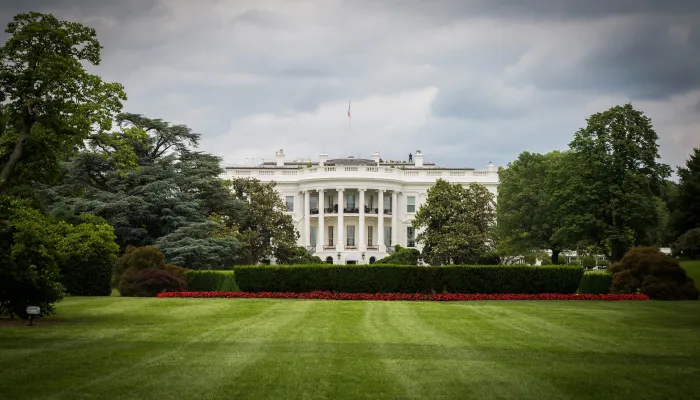Two Letters to the Super Committee on Defense and Medicare
Two more submissions have recently been made to the Super Committee, adding to what is becoming an interesting list of ideas for them to draw inspiration from.
The first is from Rep. Mike Coffman (R-CO), who sent a letter containing two specific recommendations to the Super Committee for reducing defense spending by $103 billion. The first recommendation is to shift 100,000 service members from active duty to the National Guard and Army Reserve, saving $90 billion over ten years. Rep. Coffman also points out that there would be additional savings in military retirement benefits, although he does not provide a specific estimate. His second recommendation involves reducing our military presence in South Korea by continuing the current policy of having one-year tours of duty there, instead of three years as the Pentagon seeks. This change (or lack of change) would save $13 billion relative to implementing the DoD's policy. Rep. Coffman also suggests reducing our force size and the number of U.S. bases in Europe and South Korea, although he gives no specific recommendations or cost savings.
The second letter to the Super Committee comes from 78 House Democrats, calling for allowing the federal government to directly negotiate prescription drug prices. Citing a 2008 House Oversight Committee report, they estimate that these changes would save $156 billion over ten years and save seniors an additional $27 billion. This is the second letter submitted to the Super Committee that has recommend changes to Medicare, although it is not as comprehensive as the Lieberman-Coburn plan that was submitted last week.
In addition to supporting direct negotiation of drug prices, the group implicitly supports extending Medicaid rebates to dual eligibles (people who qualify for both Medicare and Medicaid), which is essentially a subset of the first policy they endorsed. Given that dual eligibles are required to obtain drug coverage through Medicare even though Medicaid has realized significant savings by setting limits on prescription drug spending, extending the rebates is another way to reduce the price that the government would pay for drugs. Estimates from CBO have this policy saving $112 billion, and many versions have been included in prominent fiscal plans.
These proposals are now included in our table of submissions to the Super Committee:
| Committee/Organization/Individual | Date | Ten-Year Savings |
|
Subcommittee on Oversight of Government Management, the Federal Workforce, and the District of Columbia (Minority) (CRFB Overview) |
9/15 | $1.4 trillion |
| 9/15 | $1 trillion | |
| 9/19 | $1.9 trillion | |
| Sens. McCain, Carper, Coats, and Udall | 9/20 | N/A |
| Sen. Coburn | 9/21 | $300 billion |
| Rep. Coffman | 9/23 | $103 billion |
| 9/28 | >$500 billion | |
| 78 House Democrats | 10/5 | $156 billion |


